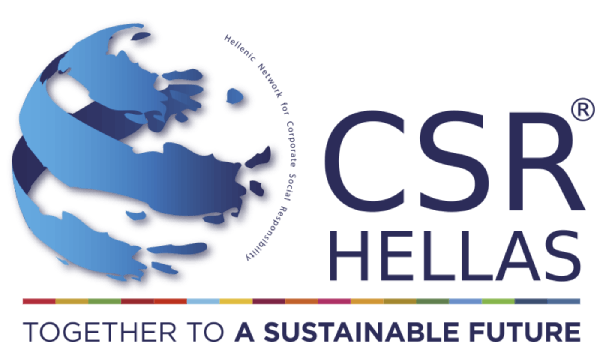INTRODUCTION
As we are getting closer to the deadline set by Agenda 2030 for achieving the SDGs, in 2020 a new challenge in the COVID-19 form has changed dramatically our way of seeing things. The global health crisis and the consecutive socio-economic impacts, made us understand deeper the urgency and the importance of accelerating the transition to a new business model, for which the EC is already discussing and preparing the relevant frameworks and rules. Now more than ever, we need to join forces on how we can, all together, work better and collaborate under common values and targets to shape the businesses’ future. Business transformation can be reached only by integrating sustainability in all functions and strategies. Supply chain is at the core of the new business model. The fact that small and medium-sized enterprises (SMEs) represent 99% of all businesses in the EU leads our focus on them.
DESCRIPTION OF THE CHALLENGE
Within the fast-changing business environment, all enterprises are expected to take into account the recent developments and adopt strategies and practices that are aligned to a new way of doing business. The pace of responsiveness by the business community is critical for the business continuity, and in the case of SMEs a pressing need. On one hand, there is a struggle for large enterprises to ensure decent work and sustainability in their supply chain, and on the other hand, SMEs, that are not able to fulfil the market new demands, are at risk of going out of business. How can we minimize this danger? Despite previous efforts made for SMEs on a European and national level, the need for substantial further action remains, in order to ensure their survival and assist their transformation into real value chains. This is particularly the case during the pandemic period which has had a devastating impact on SMEs.
CONTENTS OF THE SESSION
Where do we stand today concerning the situation of SMEs? How can SMEs adjust their operations according to the upcoming frameworks? What actions can businesses take to support their supply chain in developing their sustainability? Which practical tools are available for SMEs to rely on and build their performance on social, environmental and human capital?
The session will cover these queries by discussing the present status of SMEs, the updates from EC and how SMEs are affected by them. It will also provide suggestions on making the supply chain more sustainable. A case study of capacity building within the supply chain will give a practical example of the steps taken towards the creation of a real value chain. Moreover, the session will introduce the practical tool “Ethos” designed by CSR HELLAS and EUROCERT to support SMEs on mapping their material issues and measuring their progress regarding their business responsibility.
Speakers will represent various fields, such as CSR organizations, Universities, Institutions and companies, in order to have a holistic approach to the topic and explore the challenges but also the potential ways to deal with them.
WHY ATTENDEES SHOULD PARTICIPATE
By attending the session, you will have the opportunity to:
- Be informed about the new business environment and how this particularly affects SMEs
- Understand the role that bigger enterprises can play in improving sustainability in their supply chain
- Learn about best practices and available tools for SMEs
- Recognize common issues and remedies related to more sustainable supply chains.
